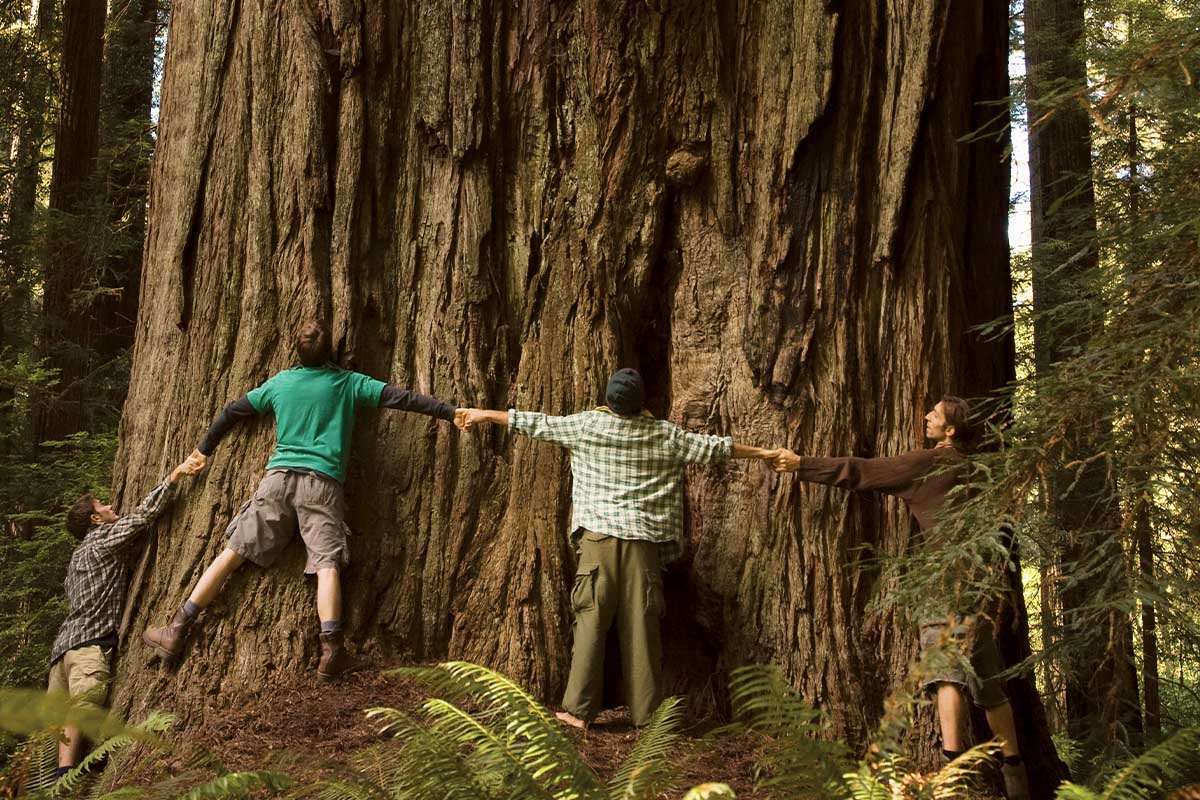Advertisement
Why Gratitude Matters
Improving your quality of life
Fact-Checked
This article has been written and fact-checked by experts in the field.

It’s fascinating to observe, both in myself and others, the degree to which we can neglect the things that are most likely to improve our quality of life. It’s almost as if they are too simple or obvious to have any real merit.
This list can include conscious breathing (an invitation to awareness and presence), laughter (the spontaneous bubbles of joy that add sparkle to our days), and gratitude (the willingness to notice and value whatever life is offering up). We’re focusing here on the last one and asking: what is gratitude, and does it really matter?
Advertisement
What is gratitude?
Meaningful gratitude, the kind that can actually enhance our quality of life, is more than saying please and thank you. It’s more than a rote recitation of things we should appreciate. And it’s more than routinely entering something in a gratitude diary.
Of course, all of these things are aspects of gratitude. However, if we genuinely want to understand and get the most from practising gratitude, we need to appreciate its nuances, depth, and impact.
Gratitude, in this light, is part of a positive attitude where we’re intentionally and consciously present to our lives. In this state we may notice, for example, how our bodies function, what nature is capable of, how the sun warms our skin, the miracle of birth, and the inevitability of death.
Gratitude is not blind optimism. It’s the choice to be pragmatic, noticing the ups and downs, and striking a balance that favours possibilities rather than limitations.
Advertisement
Why does gratitude matter?
Some of us have grown up in families and cultures where gratitude is valued and practised. For others, it’s less familiar and can sound like another self-help gimmick. Diana Brecher, EdD, a clinical psychologist at Toronto Metropolitan University, works in the area of positive psychology. She trains students, faculty, and staff in resilience―and gratitude is a key component.
Advertisement
Does gratitude practice have a scientific basis?
Brecher says that gratitude can support resilience and an increased sense of well-being. She notes that well-accepted research as far back as 2005 has shown the effect and lasting impact of interventions aimed at increasing individual happiness.
In the 2005 study, five exercises to promote happiness (two specifically focused on gratitude) were administered over the course of a week. Impact was assessed immediately post-test, at one week, one month, and six months. The exercise with the greatest impact of all five at the six-month post-test mark was focused on gratitude.
The key takeaways from this and other research is that gratitude is important to consider scientifically, emotionally, and individually:
- It is the focus of multiple studies within multiple fields.
- It is a vital component of emotional well-being.
- It is a collection of practices that can be individually tailored; some will fit better than others.
Brecher encourages taking gratitude seriously. “Oversimplification of the practice of gratitude obstructs its gravity.”
Varieties of gratitude
People feel and express gratitude in multiple ways; they can apply it to many different scenarios:
- the past―retrieving positive memories and being thankful for elements of childhood or past blessings
- the present―not taking good fortune for granted as it comes
- the future―maintaining a hopeful and optimistic attitude
Regardless of the inherent or current level of someone’s gratitude, it’s a quality that individuals can successfully cultivate further.
Advertisement
Three gratitude practices
Some easy and effective gratitude practices, the types of exercises that are part of Brecher’s resilience training, include the following:
Advertisement
Write a gratitude letter
- Think of someone who had a positive influence in your life. You may or may not have told them at the time.
- Consider the deeper impact of this influence and what this says about who they are and how they’re living their lives.
- Write these thoughts down and share directly with the person if possible; if not, share with someone connected who can understand.
Advertisement
Savour awe
Brecher describes awe as a first cousin to gratitude; thus an awe-inducing experience leads to gratitude:
- Notice when you experience awe and learn to seek these experiences out. This may be anything from soulful music to old-growth forests or a meteor shower.
- Take in this experience with all of your senses so that you can remember it, recall it, and share it.
- Intentionally share an experience of awe, including all of the sensory information as well as how you felt.
The anchoring and sharing of this experience allows space for gratitude.
Advertisement
Run your company
View your life as a company, which you can choose to run as you see fit. For inspiration, consider the four key drivers (the 4 S’s) of happiness in life described by Neil Pasricha, author of The Happiness Equation (G.P. Putnam’s Sons, 2016):
- structure (work + sleep + fun/bonus time)
- stimulation (passion, fuel)
- social connection (relationships)
- story (meaning, purpose)
Brecher suggests that intentionally tracking and balancing these drivers leads to a stronger sense of well-being, including gratitude. Take note when there is an excess or shortage in any area and aim to adjust. This is your company, so have fun running it, take some risks, and be proud of every success.
Now, take a leap of faith and try something. It’s up to you to decide where you will focus. And it begins with an action.
What can I do right now?
- Take several intentional full breaths.
- Recognize that the organs and systems of your body are enabling you to do this, day in and day out.
- Breathe fully again, hand on heart, with gratitude for this intricate and unique body of yours.
This article was originally published in the September 2024 issue of alive magazine.





